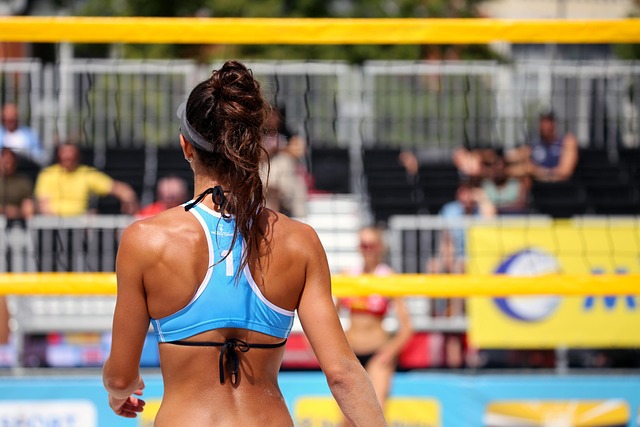In the realm of competitive gaming, one of the most crucial elements that separates the top-tier players from the rest is their ability to engage in intelligent decision-making. This nuanced skill set is not merely about executing flawless techniques or mastering intricate game mechanics; it transcends those foundational skills to encompass strategic thinking and long-term planning. In fast-paced environments such as eSports, where games can pivot dramatically in seconds, players must harness both their individual talent and their analytical capabilities to outwit opponents on the digital battlefield.
Consider the diverse genres of games that have burgeoned into competitive landscapes—be it first-person shooters, real-time strategy games, or multiplayer online battle arenas (MOBAs). Each genre requires different strategic approaches, yet the underlying principle remains the same: success hinges upon an ability to adapt to new situations while maintaining a clear focus on overarching objectives. An intelligent decision-maker recognizes not only the immediate goal at hand but also the potential repercussions of every move made within the game. This foresight often determines the outcome of intense matches.
Players must first understand the game’s mechanics inside out. This understanding allows for predictive thinking; anticipating the opponent’s strategy becomes second nature. For example, in a fast-paced game like Overwatch, players must think critically about their hero selections, counter choices, and ultimate abilities. Making snap decisions can lead to victory or defeat. Yet, the players who elevate their game are the ones who back these decisions with analysis—considering the strengths and weaknesses of both their team and their opponents in real-time.
Furthermore, intelligent decision-making extends beyond individual performance. Team dynamics play a pivotal role in eSports, where collaborative strategies can make or break a match. This means that players must develop effective communication skills while maintaining a shared vision of the game plan. As a strategy develops, roles may shift; understanding when to adapt and communicate those changes becomes integral to the team’s success. A cohesive unit that intelligently collaborates toward a common goal is often more formidable than any single player, no matter how skilled.
As eSports continues to rise globally, the emphasis on strategic thinking becomes increasingly salient. Aspiring gamers are now beginning to appreciate the art of analysis along with their rigorous practice. Game insights have become invaluable, and players who invest time into understanding their games on a deeper level will find themselves outmaneuvering competitors who focus solely on mechanical skill. Informative resources, such as player guides, analysis streams, and community forums, have proliferated, which help shape informed decision-making.
The power of strategic thinking in competitive gaming is an exhilarating journey filled with challenges and rewards. It’s a space where passionate gaming enthusiasts can delve deeper than just playing for fun; they can explore the intellectual side of gaming. This balance of enjoyment and strategic depth not only enhances individual skill sets but also builds a community grounded in intelligent decision-making, ensuring that the future of competitive gaming remains vibrant and engaging.
Ultimately, those who embrace the challenge of strategic thinking will not only find fulfillment in their endeavors but may also find themselves walking the path toward becoming a future gaming legend. The fusion of analytical reasoning with instinctual gameplay fosters a culture of continuous improvement, sparking innovation and creativity in ways beyond the gaming screen.




